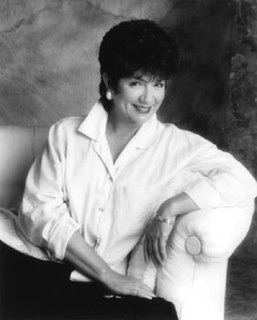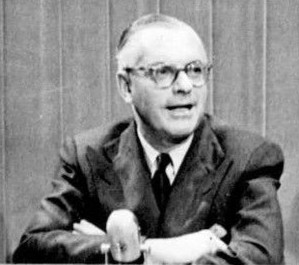A Quote by Neale Donald Walsch
This is the problem with the way you educate your children. You don't want your young ones drawing their own conclusions. You want them to come to the same conclusions that you came to. Thus you doom them to repeat the mistakes to which your own conclusions led you.
Related Quotes
Think for yourself. Unplug yourself from follow-the-follower groupthink, and virtually ignore what everyone else in your industry is saying (except the ones everyone agrees is crazy). Do your own research, draw your own conclusions, set your own course, and stick to your guns. When you're just starting out, people will tell you you're wrong. After you've blown past them, they'll tell you you're crazy. A few years after that, they'll (privately) ask you to mentor them.
I have always been, am, and propose to remain a mere scholar. All that I have ever proposed to myself is to say, this and this I have learned; thus and thus have I learned it; go thou and learn better; but do not thrust on my shoulders the responsibility for your own laziness if you elect to take, on my authority, conclusions the value of which you ought to have tested for yourself.
Reading is a pleasure of the mind, which means that it is a little like a sport: your eagerness and knowledge and quickness count for something. The fun of reading is not that something is told to you, but that you stretch your mind. Your own imagination works along with the authors, or even goes beyond his, yields the same or different conclusions, and your ideas develop as you understand his.


































